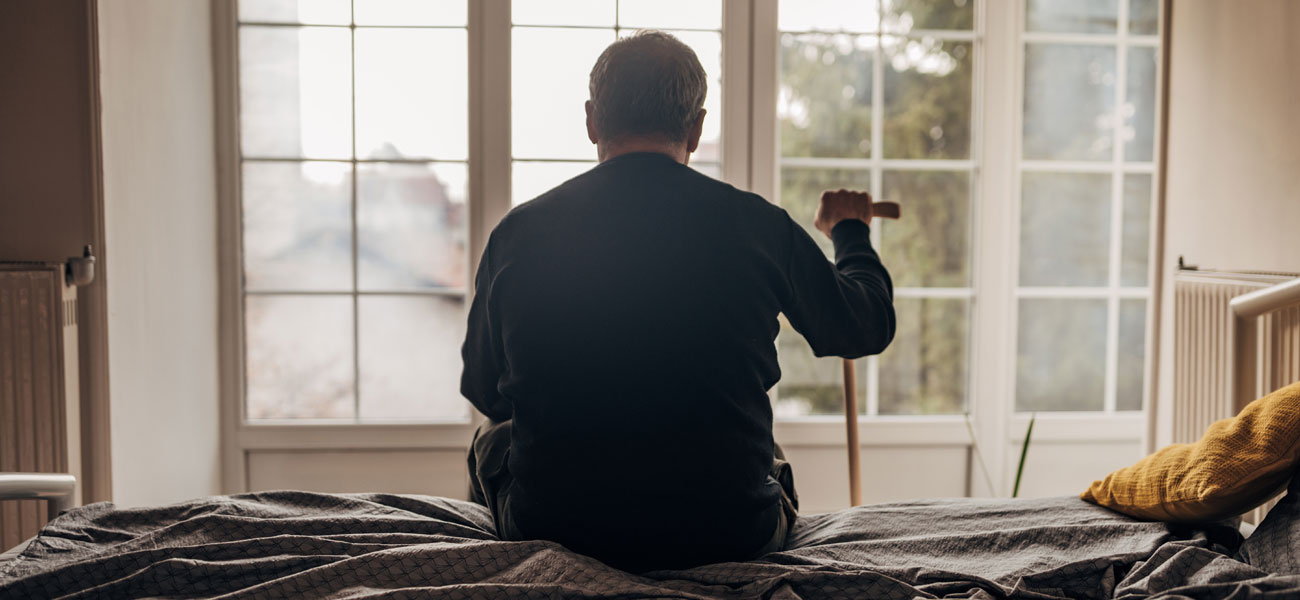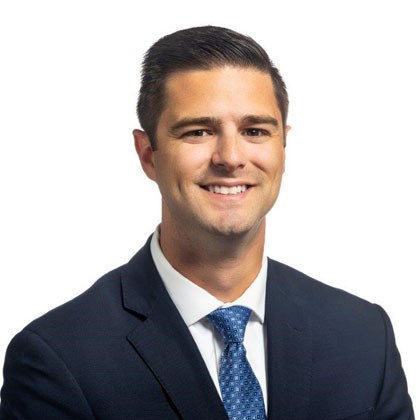How to Spot Nursing Home Negligence and Abuse

Is your loved one the victim of nursing home abuse or neglect?
At some point, many of us must make the difficult decision to place our elderly or disabled loved ones into the care of a nursing home, assisted living facility, or in-home health care provider. We entrust these facilities, and their employees, with caring for our elderly and disabled loved ones.
Nursing homes and assisted living facilities are meant to be safe, comfortable places. Unfortunately, many individuals are in vulnerable situations in these facilities. In some cases, when individuals are unable to speak up for themselves due to physical or mental impairment, or do not feel able to speak freely due to threat or coercion, they are more vulnerable and at risk of abuse or neglect..
An estimated 70% of all people over the age of 65 will need some form of long-term care in their life, receiving an average 3 years of care. Pennsylvania alone has over 700 nursing homes with an estimated 80,000 residents. In 2021, the Pennsylvania Department of Aging investigated 34,742 allegations of elder abuse or neglect and found 13,265 to be substantiated claims. An astounding 57% of the substantiated abuse or neglect claims in 2021 involved caretaker neglect, financial exploitation, emotional abuse, or physical abuse.
ABUSE, NEGLECT, AND WRONGFUL DEATH
Nursing home and institutional abuse can come in many forms, but some of the most common forms include:
- Physical Abuse
- Sexual Abuse
- Emotional Abuse
- Financial Crimes
If you suspect that a loved one is experiencing, or has experienced abuse or neglect, some common indicators to look for include: broken bones, bruises or cuts, frequent infections, bed sores, unexplained venereal diseases, over medication, and dehydration.
STAFFING REQUIREMENTS
Nursing homes have state and federally regulated staffing level requirements in place to prevent:
- Inadequate Supervision
- Medication Negligence
- Failure to Provide Medical Assistance
- Failure to Otherwise Keep the Residence Safe
However, the reality is, many nursing homes and long-term care facilities are understaffed, with employees that are overworked and often inadequately trained, leading to mistakes, injury, and in some cases even death.
LAW PROTECTING FREEDOM FROM ABUSE AND NEGLECT
In Pennsylvania, nursing home residents are protected from abuse and neglect by the Older Adults Protective Services Act (OAPSA). Any employee or administrator of a facility who suspects abuse is mandated to report the abuse – or, in other words, if they suspect abuse, they are legally obligated to report said abuse.
If the suspected abuse is sexual abuse, serious physical injury, serious bodily injury, or suspicious death as defined under OAPSA, the law requires additional reporting to the Department of Aging and local law enforcement. Similarly, the OAPSA requires that each employee undergo a criminal background check prior to employment.
Federal Regulations also set forth baseline requirements that nursing homes must follow. Generally, the Federal Regulations require that nursing homes develop a comprehensive care plan for each resident with sufficient nursing staff to provide nursing and related services to attain or maintain the highest practicable physical, mental and psychological well-being of each resident.
Furthermore, the Federal Regulations require that nursing homes provide a standard quality of care to each resident. Quality of care is a fundamental principle that applies to all treatment and care provided to facility residents. Based on the comprehensive assessment of a resident, the facility must ensure that residents receive treatment and care in accordance with professional standards of practice, the comprehensive person-centered care plan, and the resident’s choices.
LIABILITY
If a nursing home does not comply with any of the aforementioned regulations, they may be liable for the death or injuries of the resident. We work to obtain full compensation awards both to protect your family’s finances and hold the abuser or negligent parties responsible. Compensation awards in elder abuse, neglect, and wrongful death claims may include:
- Medical bills,
- Funeral and burial expenses,
- Loss of employment-related benefits (for example, lost retirement benefits, such as a pension),
- Pain and suffering,
- Emotional distress,
- Loss of companionship,
- Punitive damages..
Nursing home abuse and neglect shouldn’t occur under any circumstances, but when it does, those responsible must be held accountable. Our experienced and compassionate attorneys understand how traumatic and stressful this experience can be for you and your family, and we aim to offer assistance and guidance, while aggressively advocating for justice.
Questions regarding this article and nursing home abuse, neglect, or wrongful death, or to schedule a free consultation, may be directed to Vincent R. Cocco at 215-540-2633 or vcocco@timoneyknox.com.
Posted: 6/20/2023






